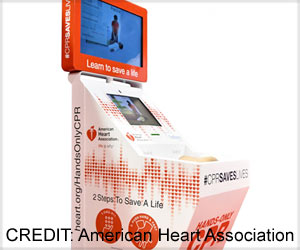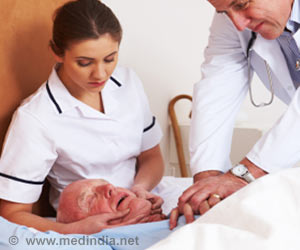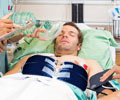New study looks at recent evidence to aid physicians to prevent and manage sudden cardiac arrest risk in competitive athletes.

‘Establishing effective resuscitation protocols and raising the availability of automated external defibrillators in competitive sport settings are the most effective strategies in helping decrease the incidence of sudden cardiac death among athletes.
’
Read More..




Sudden cardiac arrest is rare and, in young athletes, is usually the first sign of heart disease, although one study found that 29% of athletes had symptoms of underlying disease before an arrest. It is very difficult to predict or prevent, and screening programs are challenging and of uncertain benefit. Read More..
Physicians should routinely ask athletes if they feel dizzy, short of breath or experience chest pains during or after exercise and ask about family history to determine if there may be an inherited condition.
Survival rates after sudden cardiac arrest in athletes are quite high when automated external defibrillators are used.
"Establishing effective resuscitation protocols and increasing the availability of automated external defibrillators in settings where competitive sport is undertaken are the most effective strategies in helping reduce the incidence of sudden cardiac death among athletes," says Dr. Paul Dorian, a cardiologist at St. Michael's Hospital and the University of Toronto, Toronto, Ontario.
Source-Eurekalert















